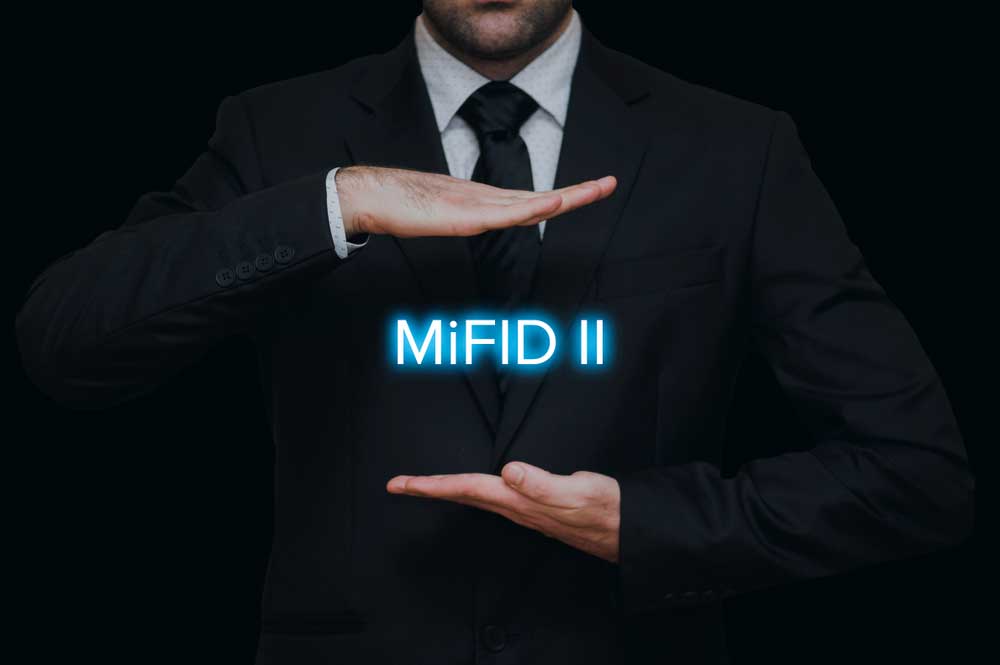The new EU The Markets in Financial Instruments Directive (MIFID II) which comes into force this year is aimed at improving the functioning of financial markets. As part of this overarching objective, it requires firms offering financial services and advice to record communications – including telephone calls, emails and face-to-face meetings – which relate to financial transactions. These must include details and terms of any orders that are placed. Recordings will need to be kept for five years – seven in some cases – or for the length of the relationship with the client, and the recordings may be used in order to detect any market abuse.
Crucially, MiFID II covers some firms, notably insurance brokers and commodity trading firms, which did not fall under the scope of the original 2007 MiFID legislation. This means that a whole new tranche of businesses will now need to comply with the rules, including independent financial advisers and mortgage brokers.
Where telecoms systems are concerned, this places some new demands on the technology. So what do you need to do and what options are available?
Traditional phone systems
With conventional landline phone systems, you have the option of adding recording apparatus on site. This will usually record calls to a hard disk, so you need to make sure you have sufficient storage capacity to cope with the volume of calls that you are required to archive. Some providers now offer the ability to record landline calls and save them to the cloud, this technology also makes it possible to record from individual phones.
If you have a session initiation protocol (SIP) phone system, again on-site recording options are available, although these can be expensive and, once again, you have the problem of storage volumes and archiving. There are cloud recording options available that remove the need for hardware, however it’s important to check that these are compliant with the FCA rules.
Mobile calls
Many financial advisers spend a lot of time out of the office, so dealing with the issue of mobile calls is a particular problem. You could ban mobile use, but that’s a draconian measure which reduces flexibility and productivity.
A recording client can be installed on mobile devices without needing to change the hardware. This, however, only captures voice calls and the regulations require text messages to be captured too. The solution could be to switch to the use of recording SIMS, which are able to record both voice and SMS traffic as required. There is a cost involved in this and it may mean hat you have to switch your mobile contract.
Voice termination on VoIP
Increasingly, businesses in all industries are turning to VoIP based phone systems in order to save on call costs and benefit from greater flexibility. Most VoIP service providers offer some form of call recording. However, this usually comes at a cost. It’s also important once again to check that the recording is FCA complaint and that the calls will be kept for the required period.
VoIP can, of course, be extended to your business mobiles. This has an added advantage that all calls can be recorded whether they’re made from the office or on the move.
Business considerations
As we’ve seen, there are a number of recording options available depending on the type of telecommunications systems that you are using. The first step is to check with your existing suppliers to find out what options they have available and what the extra costs will be.
You will also need to check that any recoding systems on offer are FCA compliant. If you find that your existing supplier is offering a non-compliant system then you may need to think about switching systems. Here again, there may be costs involved, however, if they are aware that you are a financial services business and need to have compliant call recording, they will find it hard to justify charging you a penalty for switching providers in order to obtain a suitable service.
In order to capture all of the calls which may contain financial advice, many people will be tempted to record everything. The problem with this is you end up with a large volume of data that you need to hold for a long time, much of which may not be relevant. You may also run up against privacy issues by recording calls that fall outside the scope of the legislation.
Fortunately, there’s a technological answer to this in the form of smart recording systems. These can use analytics to flag particular words or spot certain types of call, so that you can be sure you are getting the information you need to keep and ignoring that which you don’t. This technology can also help to identify staff who are not complying with the rules.




